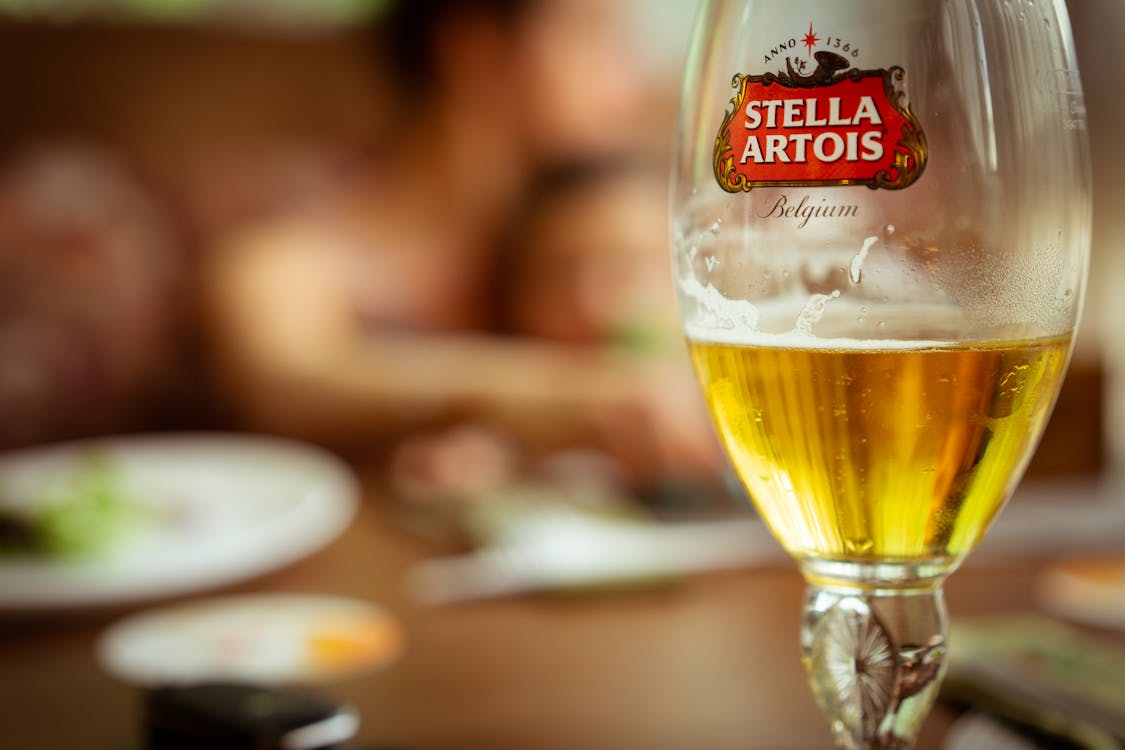Alcohol interferes with sleep

Alcohol may initially help you to fall asleep quicker, but it prevents deep, restorative sleep. When we drink alcohol close to bedtime, the body will spend more time in the lighter stages of sleep and less time in the deeper stages of sleep. This causes us to wake up feeling unrested and fatigued.
Alcohol can also disrupt our natural sleep cycle. After drinking alcohol, the body must metabolize the alcohol, which can take up to five hours. During this process, the body is less able to regulate its temperature and REM cycles, resulting in fragmented sleep. This can cause people to wake up during the night or too early in the morning, leading to fatigue and daytime drowsiness.
In addition, alcohol can lead to excessive sweating during the night and can also cause frequent trips to the bathroom, both of which can disturb a person’s quality of sleep.
Alcohol can lead to weight gain
Consuming alcohol can cause an increase in calories, leading to weight gain. This is due to the high sugar and carbohydrate content in alcoholic drinks, which can contribute to excess calorie consumption and fat storage. Additionally, alcohol consumption has been linked to an increase in appetite, which can further contribute to weight gain.
